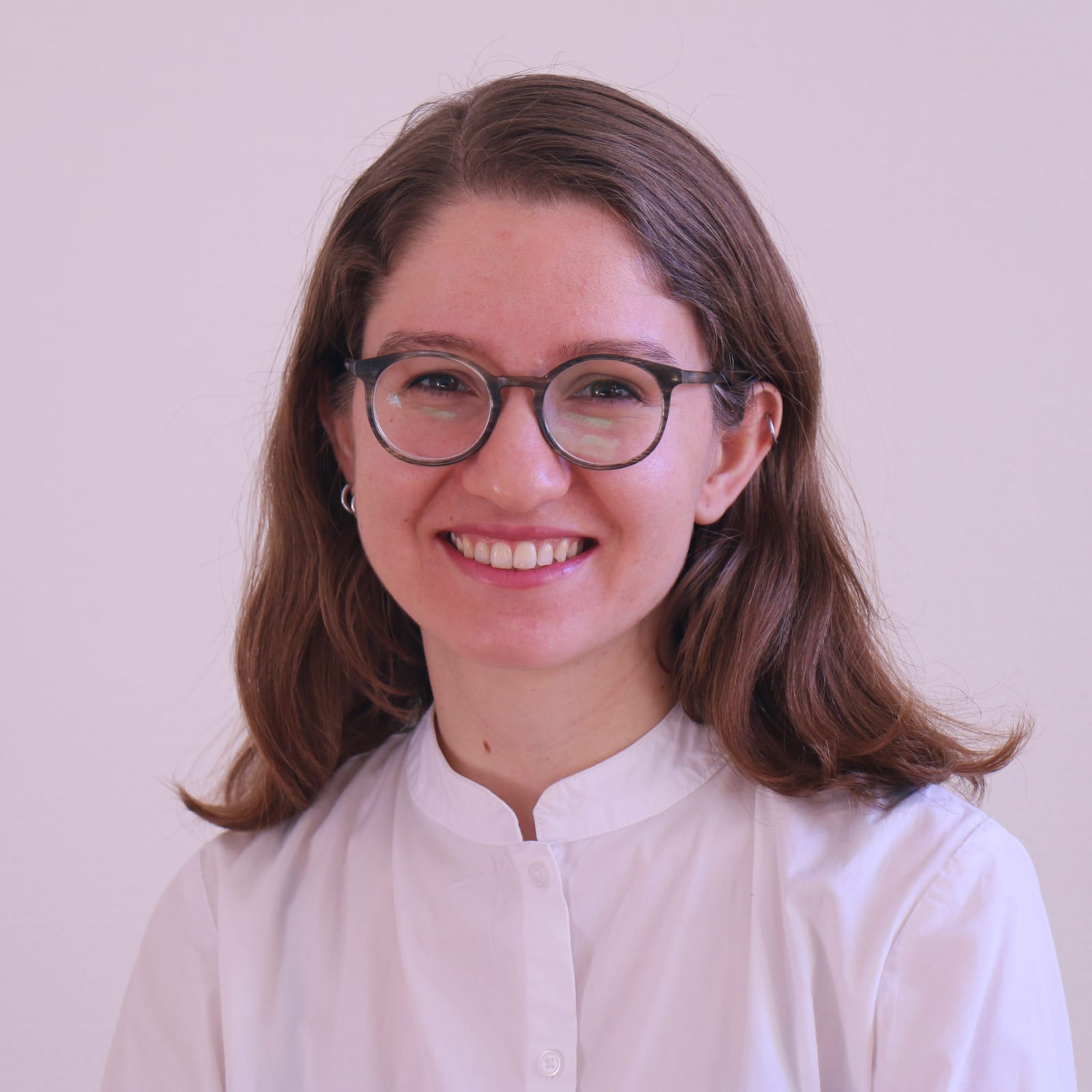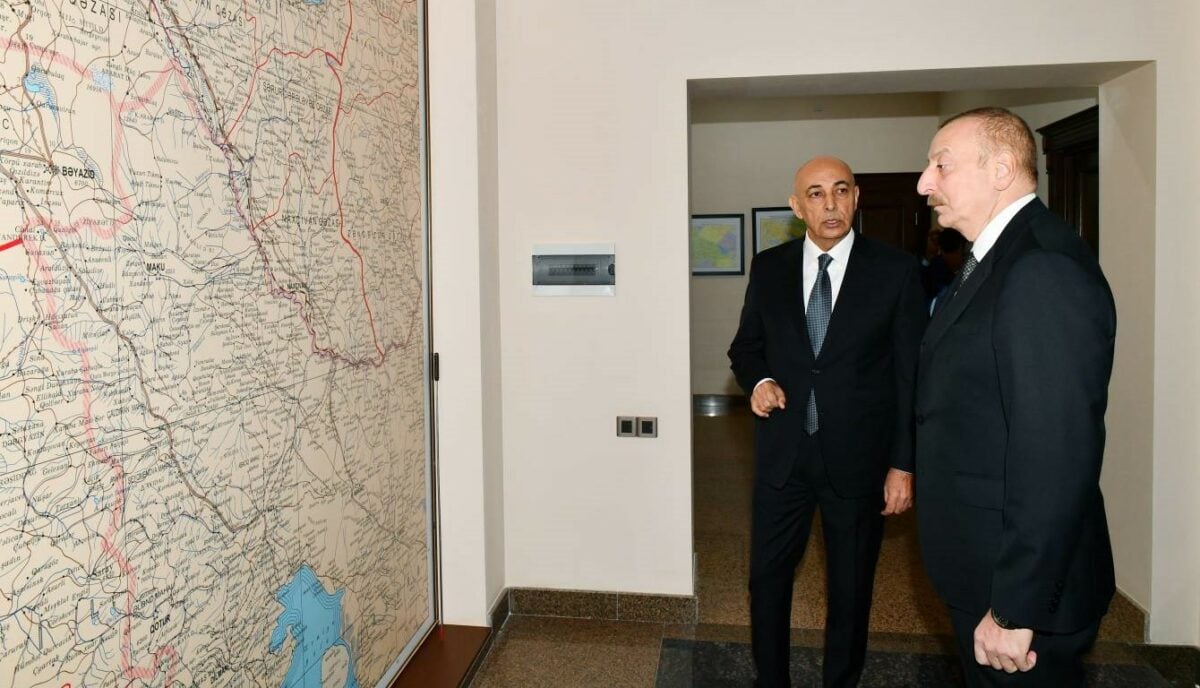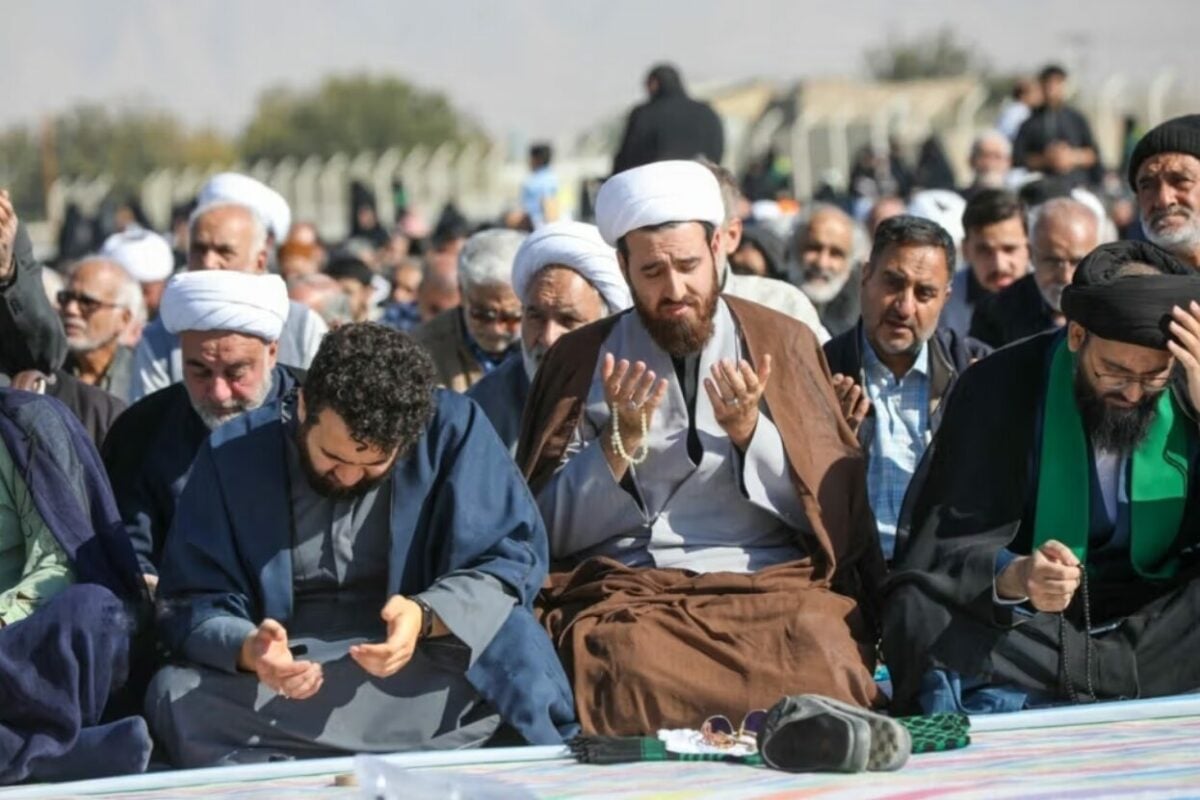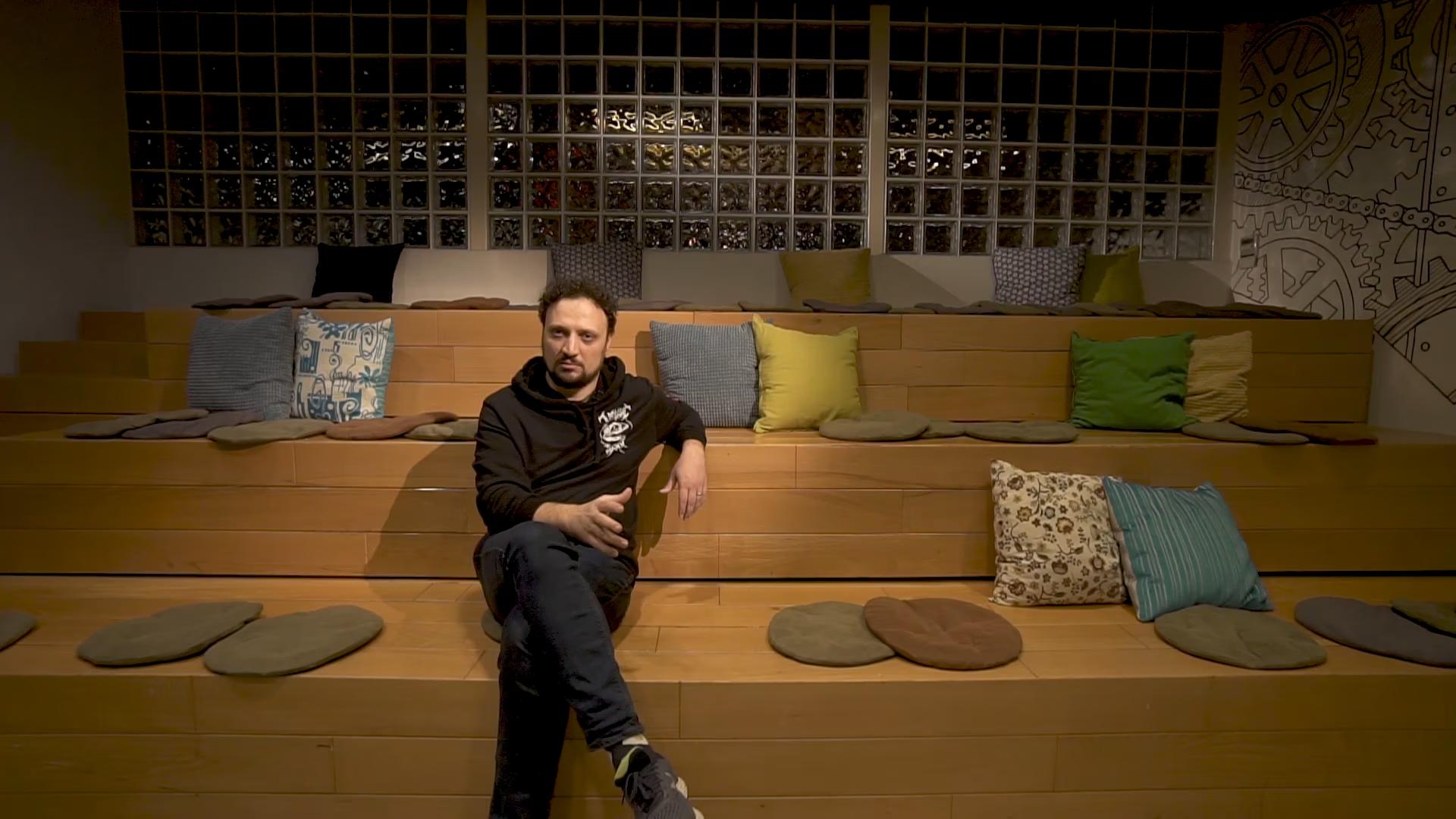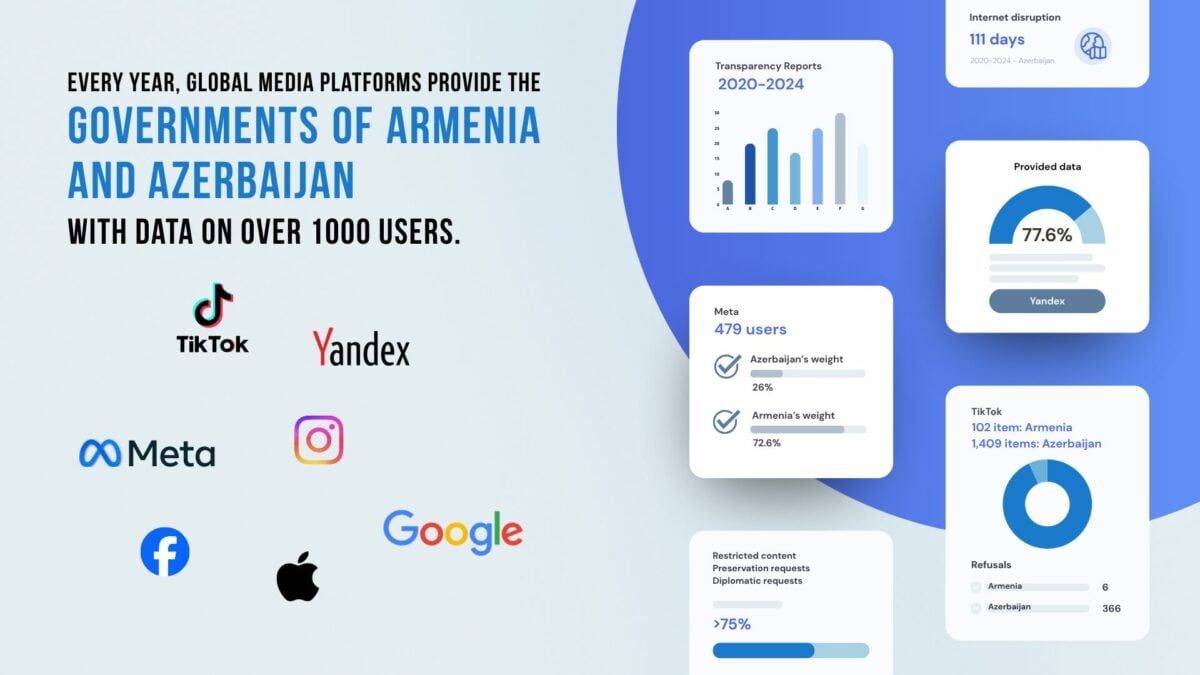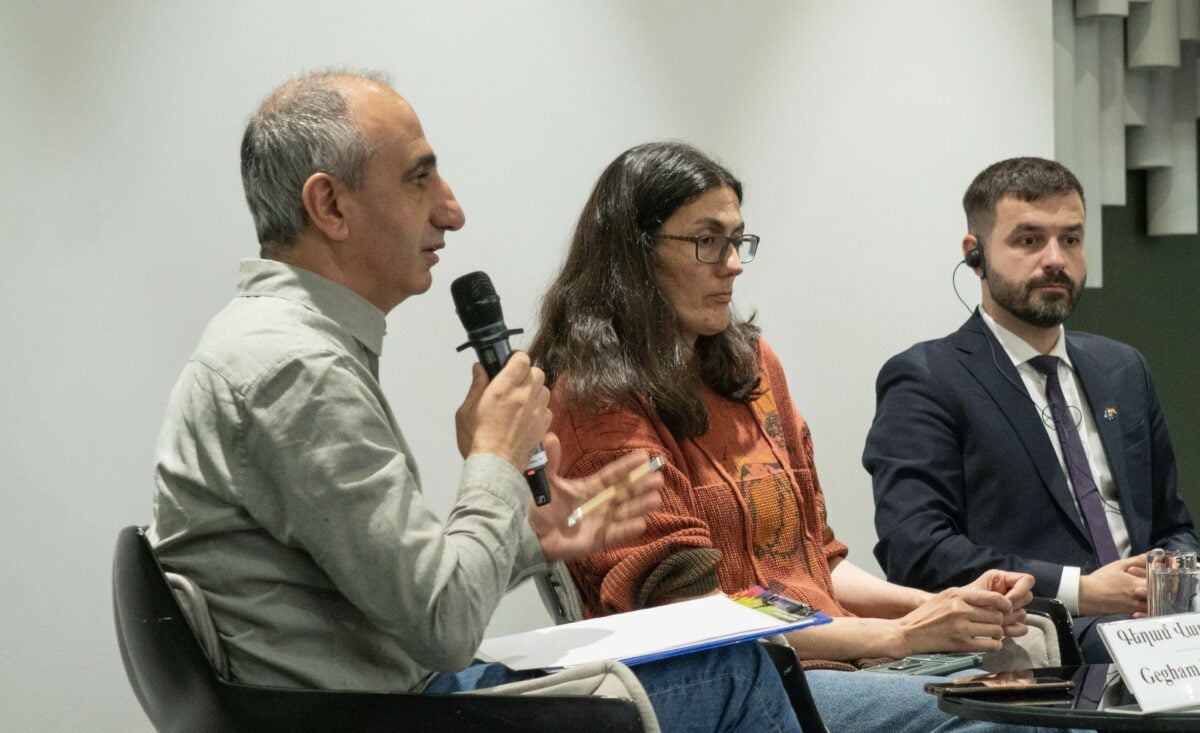Azerbaijani officials persist in promoting the Western Azerbaijan concept in the international arena. Most recently, this occurred on September 28 during the 79th session of the UN General Assembly. Azerbaijani Foreign Minister Jeyhun Bayramov addressed the issue of facilitating the return of Azerbaijani refugees to Armenia in New York.
According to Bayramov, around 300,000 Azerbaijanis are still unable to return to their “ancestral homeland.” He stated that the “Community of Western Azerbaijan” has consistently sought dialogue, but the Armenian government continues to deny them this fundamental right as guaranteed by international agreements.
This is a continuation of Azerbaijani President Ilham Aliyev’s long-standing policy, asserting that Nagorno-Karabakh is part of Azerbaijan and that Armenia is the historical homeland of Azerbaijanis.
Verified examined the origins of the narrative about “Western Azerbaijan” and its current developments.
From defense to offense: Heydar Aliyev’s policy
Heydar Aliyev, the third president of Azerbaijan and the father of the current president, regularly mentioned that many territories of the Republic of Armenia are part of the historical homeland of Azerbaijanis after the independence of Azerbaijan. Unlike Ilham Aliyev, he did not often use the term “Western Azerbaijan” on international platforms but expressed almost the same content.
Specifically, he has repeatedly stated that the current Syunik and Gegharkunik marzes previously belonged to the Azerbaijanis and came under the control of Armenia only because of the Soviet authorities.
“We should no longer be on the defensive in our dialogue with Armenia. Instead, we should take an offensive position and fight for the return of those lands,” he said during a session of the Supreme Council of Azerbaijan.
In 1996, during a meeting with Azerbaijani refugees from Shushi and Lachin, Heydar Aliyev addressed the issue by stating, “As Azerbaijanis, we do not covet the territories of other nations. However, due to historical events, some Azerbaijani lands were assigned to other parties, including territories that are now within the borders of Armenia. These areas have been part of Azerbaijan since ancient times, including the Goycha region (now Gegharkunik region) and the Zangezur region.”
In 1998, during the Islamic Civilization in the Caucasus symposium, Heydar Aliyev used the term “Western Azerbaijan” for the first time. He stated, “In the area now known as Armenia, in Western Azerbaijan, in the regions of Iravan, Goycha, and Zangezur, Muslims and Azerbaijanis lived.”
In 2001, Heydar Aliyev, in his speech to the public accused Armenians and the authorities of the Soviet Union of 1948-1953 of deporting all Azerbaijanis from “Western Azerbaijan”. He stressed that “Goycha, Zangezur and other territories are historical Azerbaijani lands”.
Aliyev passed away two years after delivering that speech. Following his son Ilham Aliyev’s rise to power, the concept of “Western Azerbaijan” became a central element of Azerbaijan’s state propaganda.
Ilham Aliyev’s presidency: the return of Western Azerbaijan as a strategic goal
In 2003, Ilham Aliyev was elected as the President of Azerbaijan. In his speeches during the early years of his presidency, he reiterated the claims made by his father, Aliyev Sr., that the territories of Armenia belong to Azerbaijan. Additionally, he stated that Yerevan was given to Armenia by Azerbaijan and that Armenians in the region were “guests.”
In 2015, Aliyev began voicing the intention to gain control over these territories.
“In present-day Armenia, 80% of villages have Azerbaijani-origin names. These are our historical lands, and we will definitely return to those lands.* There is no other way; this is our strategic goal, and we are working and will continue to work towards it. Our economic, political, and military strength, as well as our demographic situation, all provide a basis for this,” Aliyev stated during a meeting with his government.
Aliyev had already made these statements for both the domestic and the international audiences.*
At the UNESCO general conference in 2015, Aliyev devoted most of his speech to the territorial issues with Armenia. He stated that the capital of Armenia is the historical city of Iravan in Azerbaijan and claimed that the international arbitration documents in this matter are in favor of Azerbaijan.
In 2018, Aliyev urged the production of films about “Iravan, Zangezur, and Goycha” and the research “so that the new generation is aware of it.”
“In the coming years, we must be more proactive in this effort. We should organize exhibitions and presentations in various parts of the world because Iravan is our historical land. As Azerbaijanis, we should reclaim these historical territories. This is our political and strategic goal, and we must work towards achieving it gradually.”
Aliyev’s post-war rhetoric
Following the 44-day war, Azerbaijan established the “Eastern Zangezur Economic Zone,” which includes the regions of Jabrayil, Kalbajar, Gubadli, Lachin, and Zangilan. These areas were previously under Armenian control and came under the control of Azerbaijan as a result of the Second Karabakh War.
Days after establishing the zone, Ilham Aliyev stated that just as there is an eastern Zangezur, there is also a western Zangezur.
He addressed the claims made in Armenia, saying, “Now they say in Armenia that Ilham Aliyev is making territorial claims. Yes, Western Zangezur is the land of our ancestors. I said that we should go back there. We will definitely return because there is no other way.”
The establishment of the Western Azerbaijan Community
The organization “Azerbaijan Refugee Society” was established in 1989, addressing the issues of Azerbaijani refugees, and was renamed “Western Azerbaijan Community” in 2022.
The borders of “Western Azerbaijan” are clearly outlined on the organization’s website. It shares borders with Georgia to the north, Azerbaijan to the east, Turkey to the west, and Iran to the south.
During a visit to the organization’s office in December 2022, Aliyev suggested that the organization should focus on developing the concept of return. As of today, there is already a dedicated section on the Western Azerbaijan community website called “Concept of Return.”
The concept proposes that not only refugees but also their descendants should return to the territory of the Republic of Armenia. It also outlines the mandatory conditions that should be in place for this process to occur. The organization calls for international monitoring, accountability, security, intervention, and other necessary measures to prevent the recurrence of evictions, discrimination, and harm to returnees.
According to this concept, an international mission should be deployed before returning to take control of relevant areas. It should have civil-military coordination capacity, a police component, civil administration powers, and operate for “as long as the community deems necessary.”
The organization receives active support from the government of Azerbaijan. In 2023, “Western Azerbaijan” television company was established.
The “Western Azerbaijan Community” website has a dedicated section for books on historical and cultural values, historical events, etc. At least 38 books are available on these topics related to Armenia.
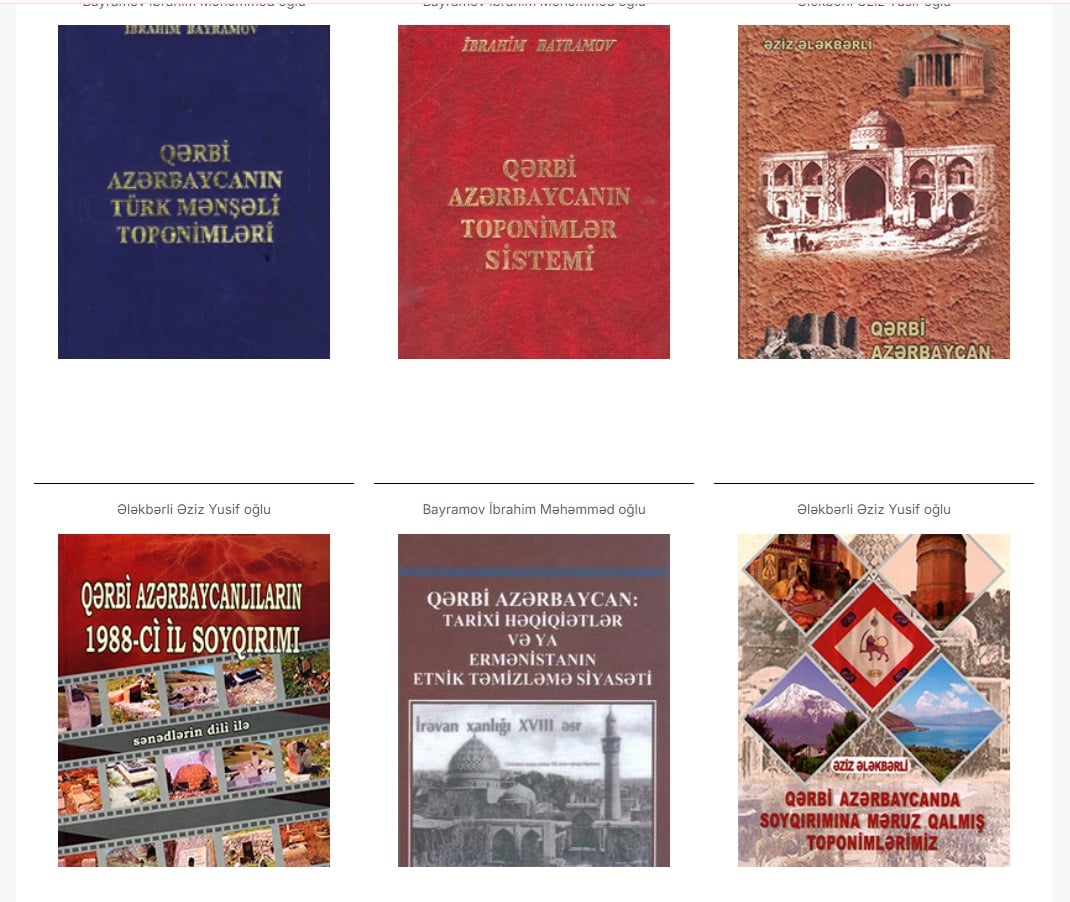
The series of books about Armenia, the historical homeland of the Azerbaijanis, can be found on the website of the “Western Azerbaijan Community.”
Today, the organization known as the “Western Azerbaijan Community” plays an active role in the country’s foreign policy. Its members participate in discussions held within the framework of the UN General Assembly and ask questions about Western Azerbaijan to international representatives and high-ranking officials. The organization’s television and website are also available in English and Russian.
* Notice:
The sentence “80 percent of the villages in Armenia today have names of Azerbaijani origin. These are our historical lands, and we will definitely reclaim them” has been edited and replaced with the following version: “In present-day Armenia, 80% of villages have Azerbaijani-origin names. These are our historical lands, and we will definitely return to those lands.”
The sentence “In 2015, Aliyev began voicing the intention to gain control over these territories” has been edited and republished as: “In 2015, Aliyev had already begun talking about the necessity of returning Azerbaijani populations to those territories.”*
The sentence “Aliyev had already made statements about establishing control not only over Nagorno-Karabakh but also over a significant part of Armenia. This was intended for both the domestic and the international audiences.” has been rewritten as: “Aliyev had already made these statements for both the domestic and the international audiences.”
The changes in the article were made on November 23, 2024.
